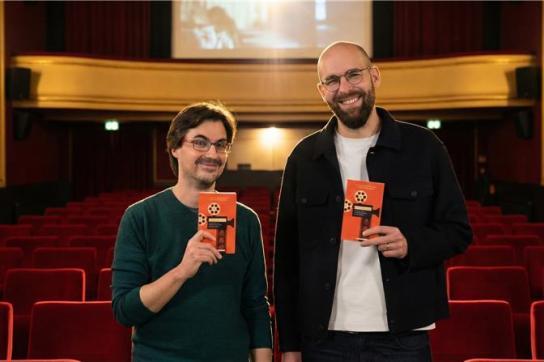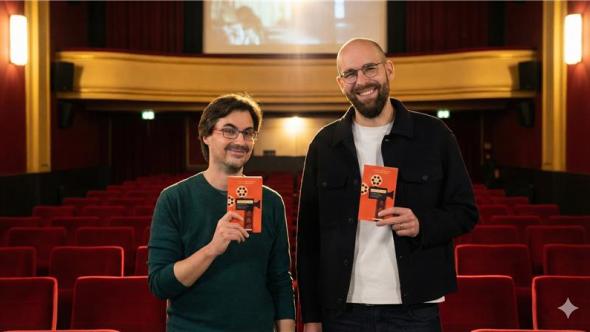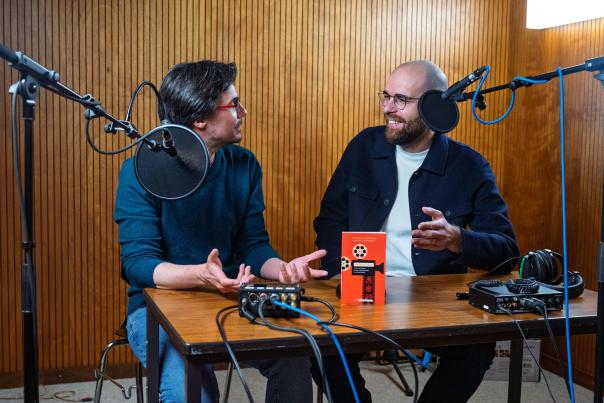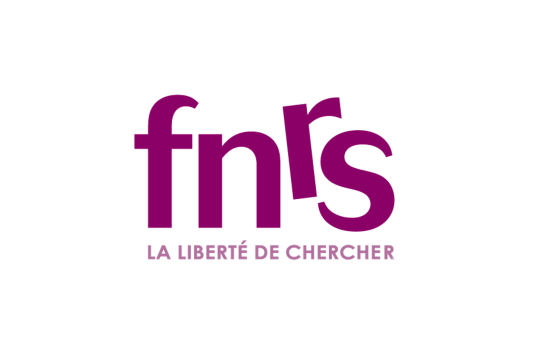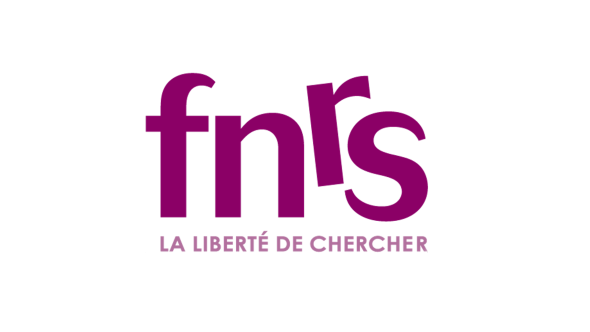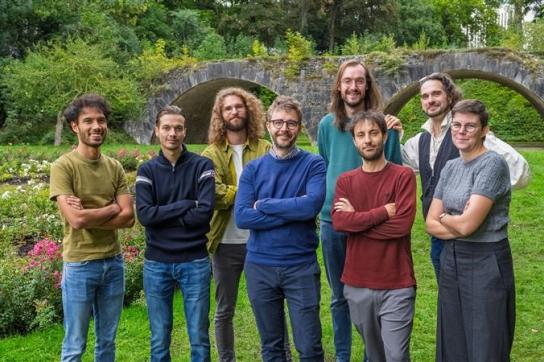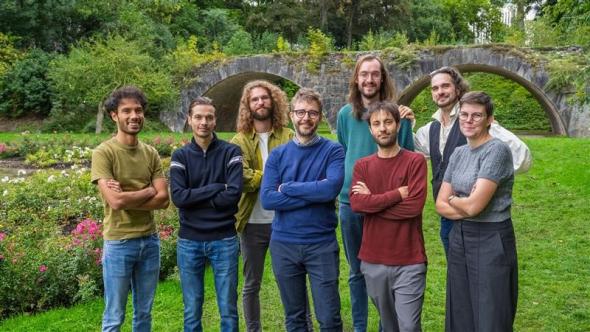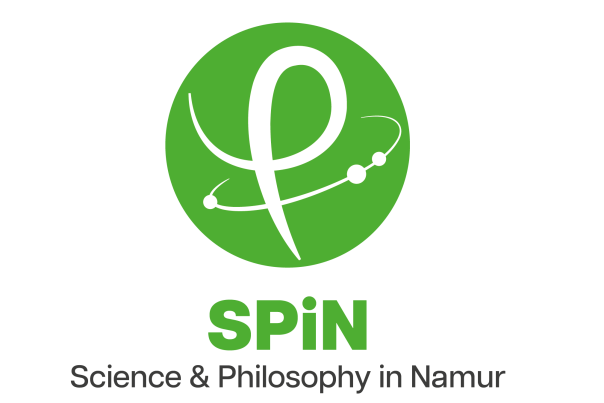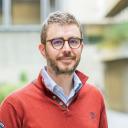Informatics at the service of collective well-being and personal development.
The Faculty of Informatics has a vision of a world in which the intensive and growing use of informatics is oriented towards collective well-being and personal development. Its mission is to contribute to this orientation through education, scientific research and service to society.
The studies
When you choose to study computer science, you're guaranteed immediate access to an exciting, multi-faceted career. Through a comprehensive range of courses - bachelor's, master's, specialization master's and doctorate - the Faculty of Computer Science offers you quality training based on scientific rigor and critical thinking, while emphasizing interdisciplinarity and societal responsibility.
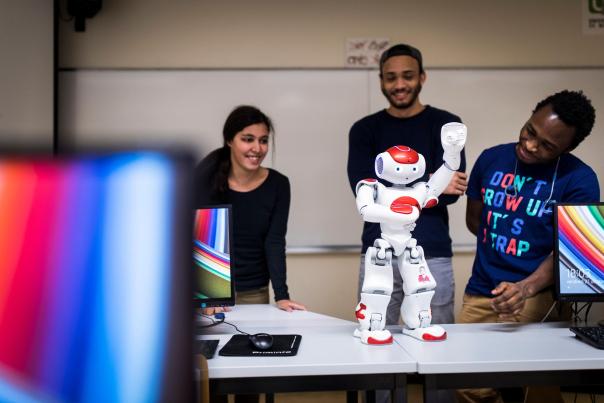
Research
The mission of the Faculty of Computer Science is to ensure cutting-edge scientific research, open to the creation and integration of knowledge that feeds teaching, technological innovation and societal debate.
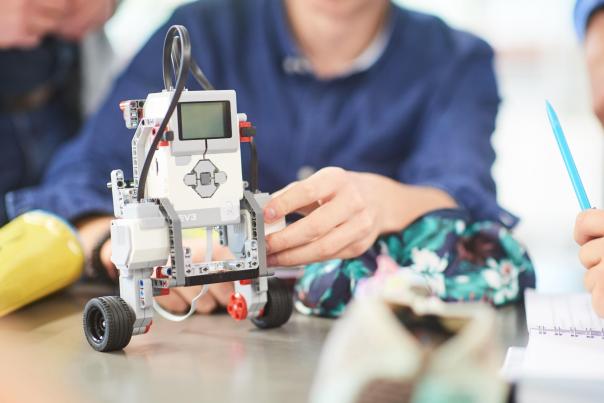
Service to society
The Faculty of Computer Science contributes to the development of our social, economic, technological and political environment by disseminating knowledge and providing advice at regional, national and international levels. Through the synergy between researchers and industry, and by making knowledge and know-how available, it participates in numerous missions of service to society.
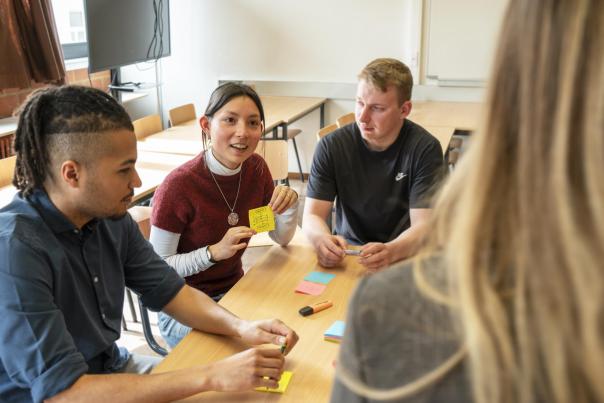
International
The Faculty of Computer Science's international outlook is fundamental to the development of its teaching and research activities.
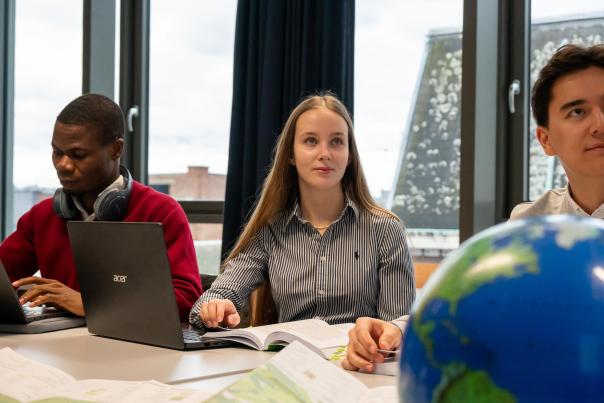
Organization
The Faculty of Computer Science has organized itself to manage its missions in the best possible way. It has around a hundred members at the service of teaching, research and service to society.
A word from the Dean
IT is a key to understanding, progress and responsibility in the face of the challenges and issues facing our society.
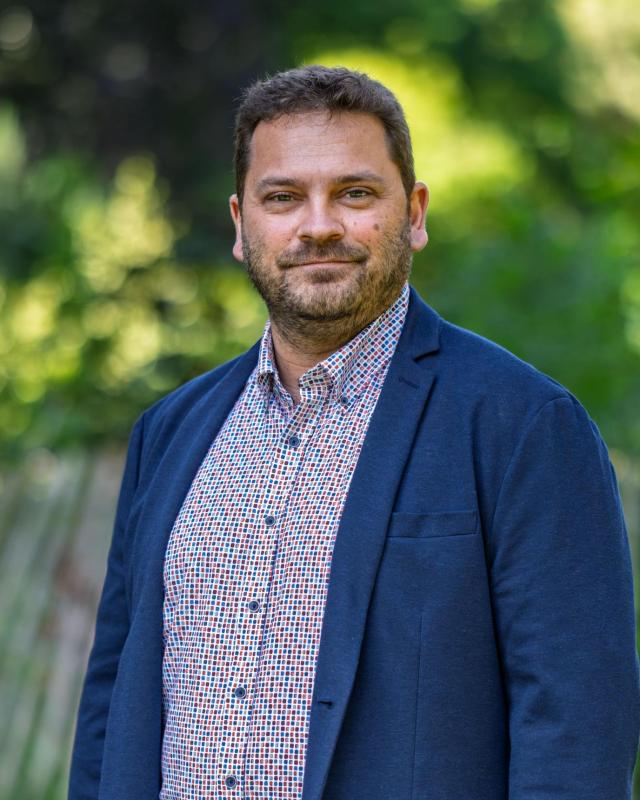
Animation
A series of events and players revolve around the Faculty of Computer Science.
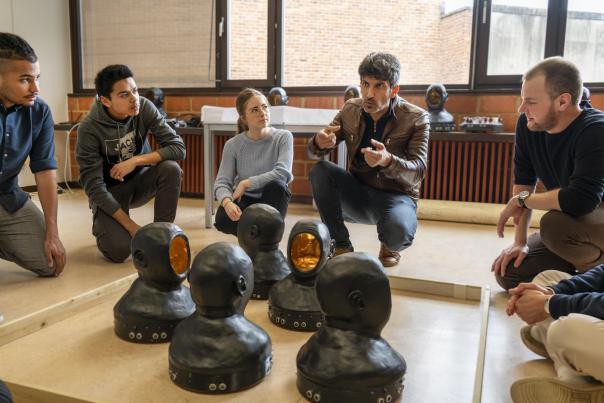
Spotlight
Agenda
Public defense of doctoral thesis in computer science - Guillaume Maître
On the use of intelligent UAV for transmission tower audit.
Abstract
Since its emergence in 1996, the Asian H5 Goose/Guangdong (Gs/Gd) lineage has circulated widely in poultry in southern China, spilling over to wild birds by 2002. Wild bird infections facilitated global dissemination via migratory waterfowl and repeated spillback into poultry, challenging the view that HPAI primarily arises from LPAI mutation. Subclade 2.3.4.4b emerged in Asia in 2013, reached Europe in 2016, caused recurrent epizootics, diversified into multiple genotypes, became dominant in wild birds, and shows zoonotic potential.
This thesis investigates critical knowledge gaps regarding H5Nx subclade 2.3.4.4b in poultry: (1) early within-flock spread after punctual introduction in chickens, particularly during the first European epizootics; (2) influence of pre-existing immunity on silent circulation; (3) limitations in diagnostic throughput during epizootic peaks; (4) potential of environmental surveillance, including air and dust sampling; and (5) impact on egg contamination and the reproductive tract, relevant for food safety and zoonotic risk.
Four main objectives were addressed: (1) development of an experimental model simulating punctual introductions and spread, comparing 2017 and 2020 strains and assessing pre-existing immunity; (2) enhancement of diagnostic capacity via alternative sampling, semi-automated RNA extraction, and high-throughput processing; (3) evaluation of air and dust sampling for virus monitoring under experimental and field conditions; and (4) assessment of egg contamination risk. Alternative sampling and environmental monitoring were also applied to Newcastle disease virus as a comparative notifiable pathogen.
Jury
- Prof. Tuci Elio - University of Namur, Belgium
- Prof. Anthony Cleve - University of Namur, Belgium
- Prof. Pierre-Yves Schobbens - University of Namur, Belgium
- Prof. Alvaro Gutierrez - Universidad Politecnica de Madrid, Espagne
- Mr. Fabian Duchesne - Qualitics SPRL
- Prof. Anders Lyhne Christensen - SDU, Denmark
Evènement public et gratuit - Inscription obligatoire


